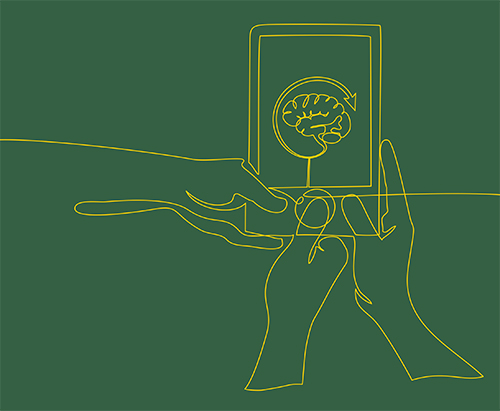MAP has launched 10 collaborative solutions networks with a common goal: to effect real-world social change by co-designing and demonstrating what works to address critical urban health challenges in our communities. Learn more

The prevalence of traumatic brain injury (TBI) in the Ontario prison population is at least four times higher than in the general public.
TBI can affect brain function for two to 10 years, causing problems with memory, learning, and abstract thinking.
Re-entering the community after release from prison can be a challenging process, and TBI-related impairments have been shown to make this process even more difficult. People who have experienced TBI are particularly vulnerable to re-incarceration.
The Challenge
In Canada, the number of adults under community supervision (e.g., probation, parole, and pre-trial supervision) is more than 2.5 times the number in custody on any given day. Community supervision places people under a set of restrictive conditions, such as maintaining an intensive schedule of mandatory meetings, maintaining curfew, finding employment, abstaining from alcohol/drug use, and avoiding particular places and people. Conditions are often applied and enforced without careful consideration of individual circumstances, increasing the risk of additional charges and (re)incarceration. For example, research shows that about 80 percent of people incarcerated have experienced a head injury. In fact, the prevalence of TBI in the Ontario prison population is four times higher than in the general public. TBIs can negatively affect brain function, causing problems with memory, learning, abstract thinking, emotional regulation and social interaction. So complying with standard supervision conditions may be difficult or impossible and violating conditions can result in a return to custody or bail revocation.
The Solution
We are co-designing a solution to support people with TBI as they transition from prison back into the community. Delivered through an easy-to-use smartphone app as well as a paper-based booklet version, the intervention connects users with a variety of health and social resources as they exit prison. It also includes tools to support self-management of day-to-day activities.
Content will be selected and designed to address the spectrum of social determinants of health that can affect the reintegration process. Our ultimate goal is to break the cycle of incarceration.
Learn more about the Justice and Equity Lab here.

